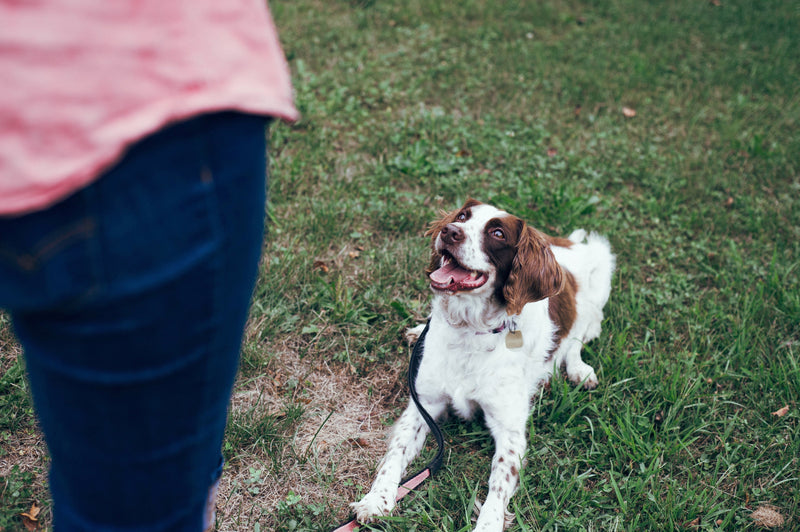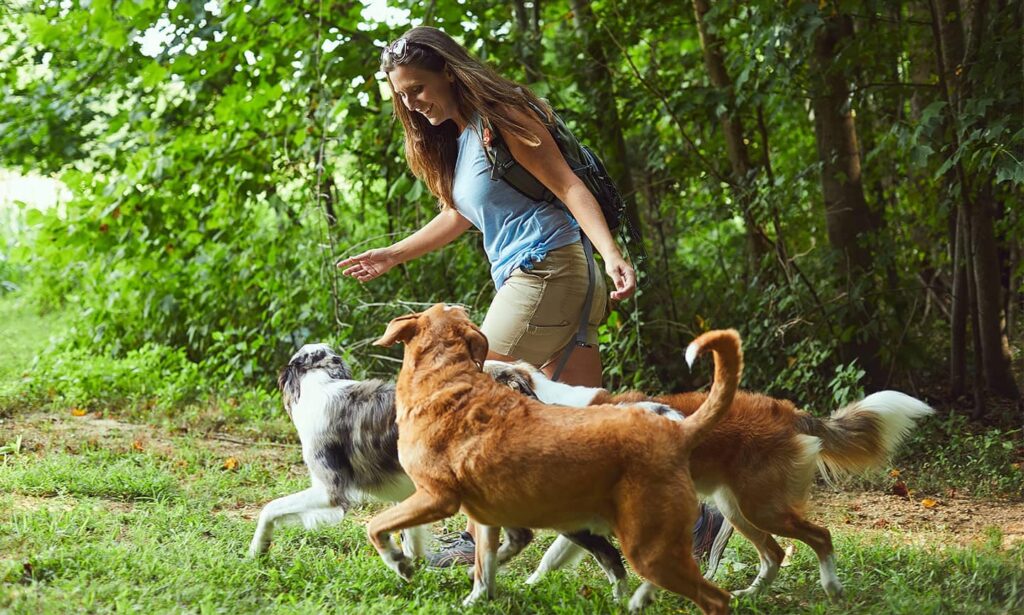
Dog Separation Anxiety and Howling: Tips to Tackle Challenges
Share
As conscientious pet owners, addressing behavioral issues like dog separation anxiety and howling is crucial. The persistent issue of our canine companions experiencing distress when left alone can lead to problematic behaviors such as excessive howling. This challenge not only impacts the well-being of our dogs but can also strain the relationship between the pet and the owner. This comprehensive article aims to guide you through understanding and tackling the challenges associated with dog separation anxiety and the disruptive howling that often accompanies it.

What Causes Separation Anxiety in Dogs?
Before diving into solutions, it's paramount to understand why dogs develop separation anxiety. It can stem from various reasons, including changes in family structure, lack of mental stimulation, or past traumatic experiences. Dogs are inherently social animals and may struggle to cope with solitude. This unease can lead to destructive behaviors and persistent howling, expressing their distress and calling for their owners.
Signs of Separation Anxiety
The initial signs of separation anxiety are often subtle but can escalate if not addressed. Key indicators include:
- Excessive barking or howling when the owner is away
- Destructive behavior such as chewing on furniture or doors
- Uncontrolled urination or defecation, even if house-trained
- Pacing or restlessness confined to when left alone
Recognizing these symptoms early allows for a more proactive approach to mitigating anxiety.
Strategies to Manage Dog Separation Anxiety and Howling
Effectively addressing dog separation anxiety and howling requires patience and a strategic approach. Here are practical methods to help ease your dog's anxiety:
1. Behavioral Conditioning
Gradual desensitization is an effective technique. Start by leaving your dog alone for short periods, gradually extending the time as they become accustomed to solitude. Providing mental stimulation can also distract them. Check out this training guide to enhance your efforts.
2. Comfort through Familiarity
Leaving behind a piece of clothing or a blanket with your scent can provide comfort to your anxiety-stricken pet. Familiar smells can help ease their stress.
3. Exercise and Engagement
Regular exercise is vital for reducing anxiety. Engaging your dog in physical activities ensures they expend energy healthily, reducing the likelihood of anxiety-driven behaviors. Learn more about how to keep your pets engaged at Petzooli.
4. Professional Help
Consulting with a veterinarian or a pet behaviorist provides tailored strategies suited to your dog's needs. Behavior experts can guide effectively through complex cases, providing you with actionable solutions.
Preventive Measures
Preventing separation anxiety is often more manageable than treating it. Early socialization and teaching your pet to be comfortable alone are effective preventive measures. Regularly scheduled activities and maintaining a routine can foster a sense of security.
Conclusion
Addressing dog separation anxiety and howling involves understanding and proactively managing the triggers. Through consistent training, mental engagement, and professional guidance, pet owners can alleviate distress and ensure a harmonious living environment. Explore further insights on dog behavior in our other article on Separation Anxiety and Vomiting.

Frequently Asked Questions
1. How can I tell if my dog is experiencing separation anxiety?
Look for signs such as excessive barking, destructive behavior, and accidents in the house despite being house-trained when left alone.
2. Is professional help always necessary?
Professional guidance is beneficial, especially in severe cases. However, mild cases can often be managed with patience and consistent behavior training.
3. How long does it take to resolve separation anxiety in dogs?
The timeline varies based on the severity of anxiety and the methods used. Consistency and patience are key to managing and reducing anxiety over time.
This article contains affiliate links. We may earn a commission at no extra cost to you.
